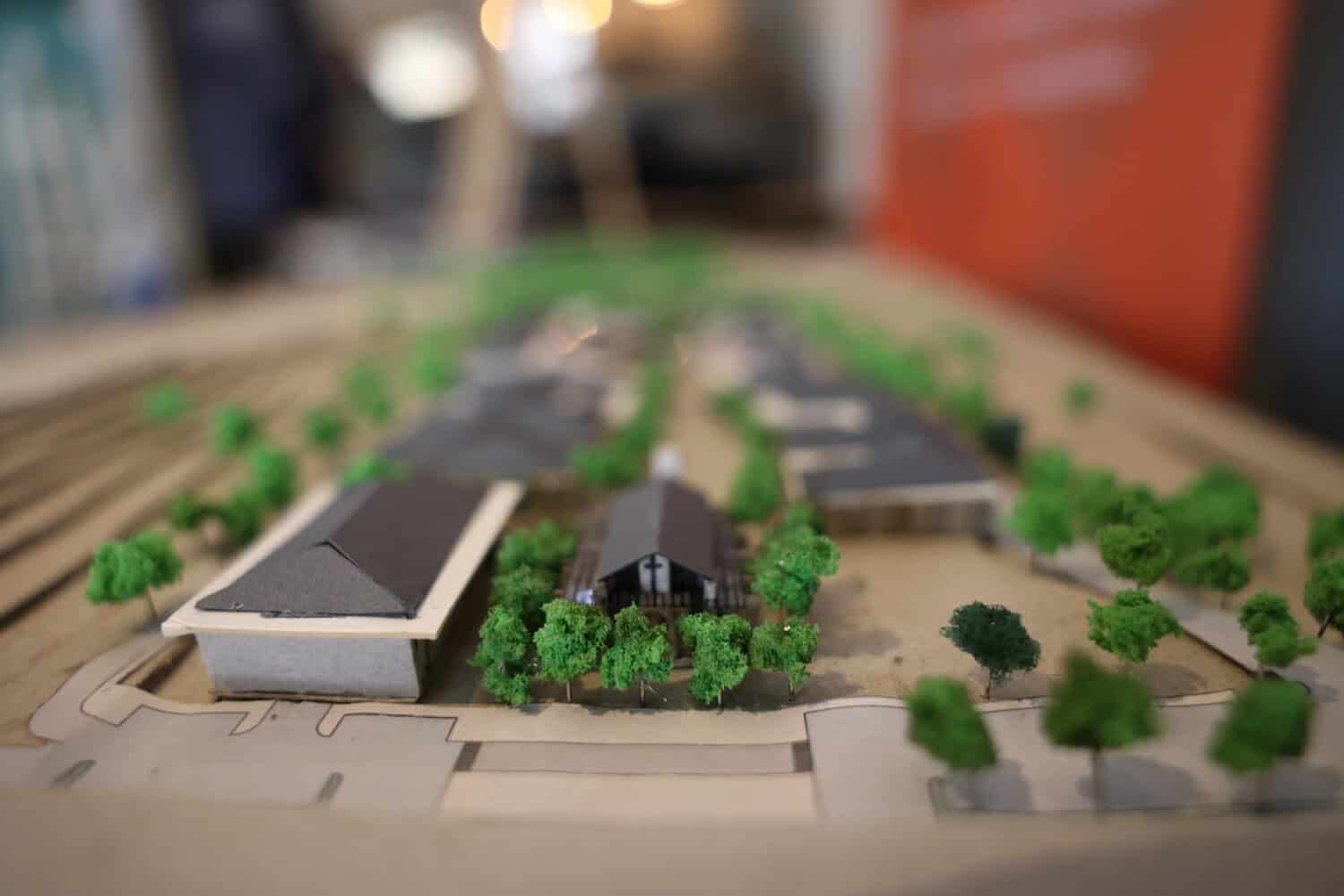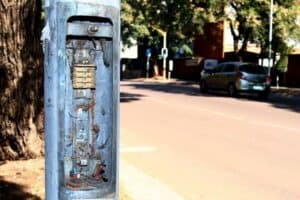Experts say the private sector is outperforming government as Akademia expands with a new Afrikaans campus in Pretoria.

The government could learn from Akademia all-Afrikaans university, which will open a new campus in the east of Pretoria in 2028, say experts.
Economist Dawie Roodt said the move was wonderful news on many levels.
“It shows that the private sector is doing things better than the state, even things that the state traditionally does like education,” he said.
Govt could learn from Akademia
Roodt said the government could learn from Akademia and added that it will ultimately benefit Pretoria’s economy.
Political analyst Piet Croucamp said there was a shortage of academic institutions in South Africa, “and whether you build an Afrikaans, Greek or Chinese university, it gives more people access to education”.
“I have no doubt that the quality of the education there will be outstanding,” he said.
ALSO READ: PICTURES: Vrystaat Arts Festival celebrates creativity
“I am all for it and I can imagine the students getting exposure to the complexity of society in which they will have to work and live after their studies.”
Croucamp said while the motives were something one could question; the outcomes will tend to be good.
Political analyst Dr Rene Oosthuizen said he believes the government can definitely draw valuable lessons from Akademia’s focused approach in establishing its new campus, particularly as it relates to strategic planning, community involvement and resource mobilisation.
Aligning a clear vision with active stakeholder engagement
“I would argue that these valuable lessons would demonstrate how aligning a clear vision with active stakeholder engagement and effective funding strategies can successfully drive higher education expansion,” Oosthuizen said.
“However, I must state that it remains crucial to recognise that public universities in South Africa must maintain their broader mandate of fostering inclusivity, diversity and equitable access for all South Africans.
“In my view, balancing these key priorities is vital for ensuring that expansion in higher education serves the country’s diverse needs while respecting cultural identities.”
ALSO READ: Afrikaners must be part of the national dialogue
SAOU teacher union spokesperson Dems Nel said the organisation supports mother tongue education for all the language groups in South Africa as far as is reasonably possible.
“We further believe it is paramount for communities to be actively involved in the education of the young and coming generation in the country,” said Nel.
Making youth more employable
“The South African economy faces a huge challenge with regard to our high unemployment rate. We hope that we will see more initiatives aimed at the training and education of young people. This will make our youth more employable and help bring the unemployment rate down.”
Nel said that, as a country that faces a skills shortage, all forms of education and training must be supported, “as this will contribute to the eradication of poverty, unemployment and encourage social cohesion and help with the upliftment of the society as a whole”.






